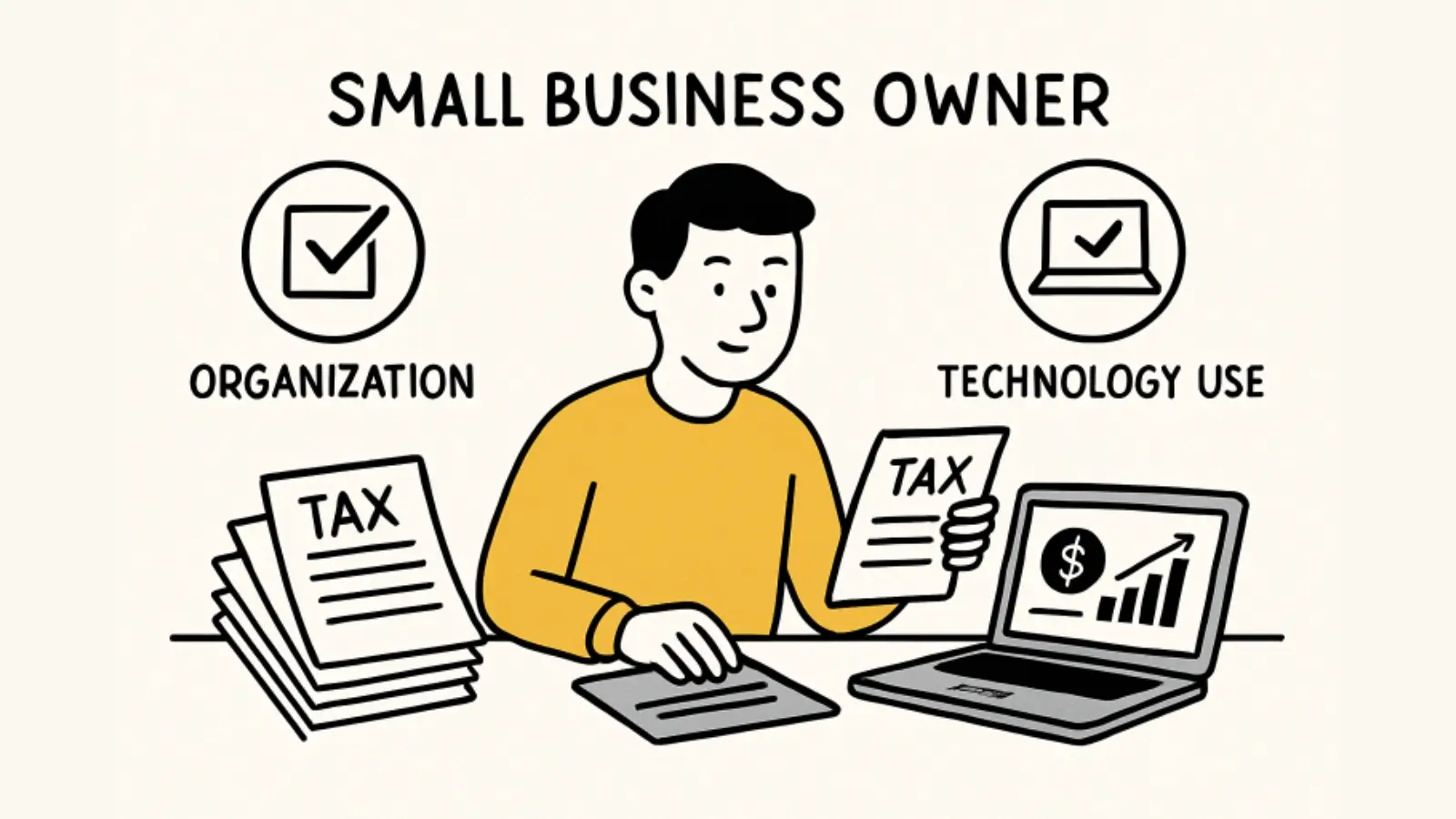When starting a business, the first thing you need to do is look at insurance options. From general liability insurance to workers’ compensation, the coverage you get will be the key to protecting your company from all the unexpected challenges you’re going to come across, ensuring that a single incident won’t become a severe financial strain. In terms of choosing the right insurance, however, this can be a little tricky.
In 2025, there are so many options out there, with the possibility to tailor your coverage based on the specific risks your business is going to face. This is where your industry becomes even more important. When building a business plan or looking into digital marketing avenues, your industry obviously plays a big role in building an appropriate strategy, and the same is true for insurance. Let’s start by looking at the types of risks you might face.
Types of Risks
If you’re working in the construction industry, for instance, you’re going to be dealing with a number of physical hazards, including accidents on-site, equipment damage, or property damage. For this reason, general liability insurance could be a valuable option, since it protects you against claims related to bodily injury or property damage.
On the other side of the coin, you might be working in an industry where commercial property insurance should take priority. Helping to pay for losses to business structures, goods, gear, and inventory, this policy is crucial for businesses that rely heavily on physical assets, such as retail stores or warehouses. In an industry like retail, manufacturing, hospitality, or others, however, you might feel that both these insurance types are just as important as each other.
For this reason, you could look to buy BOP insurance, which combines general liability and commercial property insurance into one convenient, cost-effective package. Until you actually consider your industry and the types of risks involved, you’re not going to know which coverage is essential and, as a result, which policies will be the most efficient and financially viable in the long run.
Getting All the Details
Your business’s industry will also determine any specific regulatory requirements. While attaining the right insurance is all about protecting your business, it might also be mandatory depending on your industry and location. Certain sectors in the US have strict legal obligations, such as workers’ compensation in the construction industry or professional liability insurance for healthcare. Failing to meet these regulatory requirements can result in hefty fines and penalties, so it’s your job to recognise the standards of your specific industry and make sure you’re following them.
This is also important from the customer’s point of view. More and more, clients are becoming aware of the risks they face when dealing with certain businesses, so they’ll want to see proof that you have specific insurance coverage in place before they work with you. Employees, too, expect to work for companies that take their safety and well-being seriously, which includes meeting industry standards for insurance and ensuring all the necessary protections are in place.
One last reason your business’s industry is so important is because it can offer you details. Because some industries have higher claim rates – or more frequent lawsuits – than others, many insurers tailor their premiums and coverage accordingly.
By pinpointing your specific risk profile, then, you’ll understand exactly what the prices should be and, if needed, negotiate better terms. The last thing you want to do is overpay – or, conversely, pay for protection that doesn’t accurately match your exposure – so these details can be crucial to clue you in on the conversation and find the right balance between cost and coverage.
Conclusion
The industry you operate in plays a huge role in the coverage you’re going to need, so make sure you research your industry and come to the table with the right amount of knowledge. In 2025, there are so many options out there, coupled with generous tailored plans, but unless you know what you’re looking for, you won’t be able to take advantage of them.

















